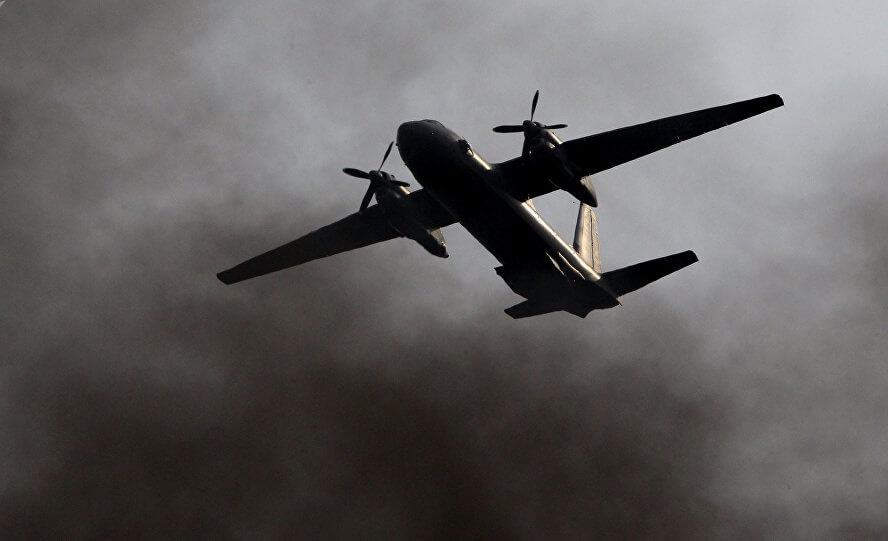Real Reason Airlines Enforce Airplane Mode – Aviation Expert

An Avionics Engineer, Mr Tunji Disu, says activating airplane mode or switching off phones during takeoff and landing of planes is to prevent “annoying interference” in the cockpit rather than mechanical failure.
Disu, who spoke in Abuja on Wednesday, explained that active phone signals created disruptive buzzing sounds in pilot headsets that could compromise critical communication during flight operations.
According to the aviation expert, the airplane mode requirement is a carefully managed safety strategy that forms part of standard aviation protocols.
Disu emphasised that while phones could not cause planes to crash, the interference they generated could create communication challenges for flight crew members who relied on clear audio transmissions, particularly during critical phases like takeoff and landing, when precise instructions from ground control are essential for passenger safety.
“There is a widespread misconception that a phone not in airplane mode can cause a plane to crash.’’
“The ‘airplane mode’ rule by airlines is not outdated but a necessary precaution, given the diverse fleet of aircraft in operations today.
“This can create ‘annoying interference’ in the cockpit, which pilots have described as a continuous buzzing or a ‘di-di-dit’ sound in their headsets.
“Putting your phone on airplane mode will not stop the plane from flying,” he told NAN.
The expert explained that pilots often operated with limited visibility and relied heavily on clear audio transmissions from the ground.
“Clear communication between pilots and ground control is vital for flight safety, especially during critical phases of flight like takeoff and landing, when crew instructions and safety announcements are critical.
“Until further testing and regulations are established, airlines will continue asking passengers to switch their devices to airplane mode before takeoff,” he said.
According to the engineer, if cell phones are a genuine threat to flight safety, airlines will simply collect them at the point of boarding.
He clarified that while a single phone won’t cause a plane to fall from the sky.
However, the expert warned that if everyone on board made or received calls at once, the resulting radio frequency interference could tamper with the plane’s communication, navigational systems and flight controllers.
“If just a few passengers fail to switch on airplane mode, this disruption is minor.
“However, when an entire cabin full of travellers leaves their devices on, the overlapping signals can create repeated interference, making communication with air traffic control more difficult.
“So, airlines tell everyone to turn them off because that is ‘fair’, and because they only really need half of the passengers to do it,” he said.
Disu also said that airplane mode simply turned off any radio frequency (RF) emitting functions, such as cell, Wi-Fi, and Bluetooth, while still allowing the use of offline features.
“When cell phones first became popular and people who flew started using them in flight, there were safety concerns about their use.
“Use of other devices such as laptops and iPads that emitted strong electromagnetic interference was being banned alongside.
“So the ban has become more or less moot. But some airlines still maintain the “tradition” of insisting on switching off devices.
“As technology evolved, the plane’s electronics were hardened against interference as some consumer devices were designed to emit far less EMI,” the engineer said.
According to him, while some modern aircraft are equipped with technology to allow in-flight calls, not all planes have this equipment, making the airplane mode rule a universal and necessary precaution.
Real Reason Airlines Enforce Airplane Mode – Aviation Expert is first published on The Whistler Newspaper





